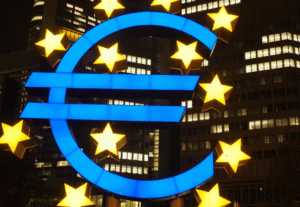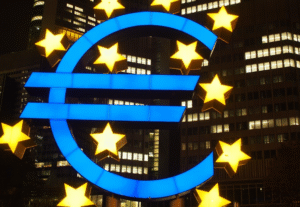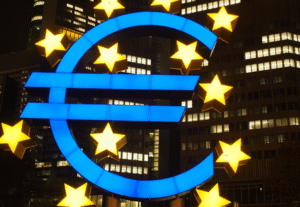#Mastercard #Visa #JPMorgan #Citigroup #blockchain #digitalassets #financialmarkets #distributedledgertechnology
In a significant push towards adopting breakthrough technology within the financial industry, Mastercard, Visa, JPMorgan, and Citigroup are spearheading a collaborative initiative known as the Regulated Settlement Network (RSN). This initiative stands as a turning point, poised to potentially revolutionize the financial markets through the strategic implementation of distributed ledger solutions. The RSN ambitiously aims to bridge the gap between commercial bank money, wholesale central bank funds, and various types of securities, such as US Treasuries and investment-grade debt, thereby creating a more interconnected and efficient financial ecosystem. The integration of these diverse forms of money and securities on a single platform, facilitated by distributed ledger technology (DLT), represents a significant stride towards modernizing financial infrastructures and streamlining the settlement process.
The foundation of the RSN initiative is built on the concept of enhancing the settlement process by leveraging DLT to amalgamate different forms of money and securities, thus mitigating the risk of errors and fraud while also bolstering the resilience of the financial infrastructure against operational inefficiencies. This effort is not isolated; it includes the partnership of pivotal entities such as Swift, Deloitte, and leading US banks like Wells Fargo and TD Bank, each bringing their unique expertise to advance the adoption of DLT across the US financial system. The collaboration extends to the New York Innovation Center of the Federal Reserve Bank of New York, which has endorsed the initiative, highlighting the broad-based support and the promising potential of deploying shared ledger technology in the realms of dollar settlements.
During a recent 12-week trial that focused on domestic interbank and cross-border payments, the RSN began laying the groundwork for this ambitious project. The collaborative effort now moves into a new phase, bringing in an expanded roster of financial institutions and advisory bodies such as the Securities Industry and Financial Markets Association (SIFMA) to ensure a comprehensive approach toward the deployment of DLT. The enthusiasm is particularly palpable in the words of Raj Dhamodharan, Executive Vice President for Blockchain and Digital Assets at Mastercard, who envisions the application of shared ledger technology to dollar settlements as a catalyzing force for the emergence of next-generation market infrastructures.
While the initiative is still in an exploratory phase, with no immediate guarantees of commercial deployment, the rising investment in blockchain solutions signals a strong commitment from major financial players. Forecasts suggest that spending on blockchain technology could reach $19 billion by 2024, underlining the growing recognition of its potential to transform the landscape of financial services. As the RSN initiative progresses, its success could herald a new era in financial markets, marked by increased efficiency, security, and a more seamless integration of disparate financial instruments and currencies.







Comments are closed.